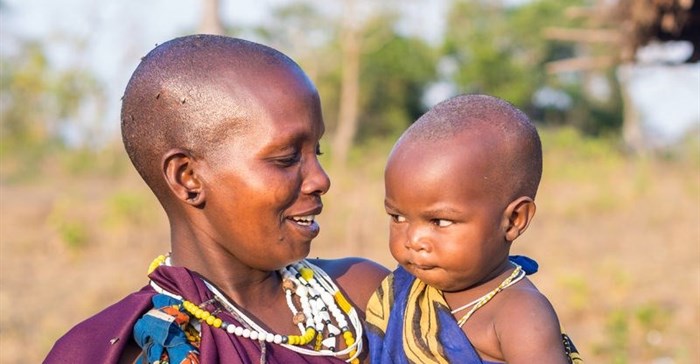
Top stories


ESG & Sustainability6 women using STEM to make the South African circular bioeconomy a reality
3 hours




More news


























Construction & Engineering

Everyone, everywhere is covered
Addressing the question of what universal healthcare cover is at the 17th Board of Healthcare Funders Conference, Adam Wagstaff, research manager, human development and public service team in the Development Research Group: World Bank, said: “Everyone, everywhere is covered at least once. Through public health – which might not be stellar, or through formal health insurance that is either subsidised or a private health insurance scheme.”
But out-of-pocket expenditure payments still account for a sizeable share of healthcare and household expenditure.
According to a World Bank study of 98 countries, coverage of five basic mother and child healthcare (MCH) interventions is 65%, with lower coverage among the poor. Inpatient admissions in the developing world lag behind Organisation for Economic Co-operation and Development (OECD) countries, while effective coverage of hypertension in the former is very low with the majority of people not even knowing they have the condition.
The steps towards universal healthcare coverage is not smooth, but murky and winding. And is definitely not a one-size-fits all scenario, although there are some common elements in different strategies deployed around the world.
On the demand side, some schemes offer incentives such as maternal vouchers and conditional cash transfers (CCTs), which are related to certain conditions being met, such as ante- and post-natal visits and immunisation.
They usually target only the poor, or near-poor, and they are either run by a social scheme, the ministry of health (MOH) or by an autonomous agency.
“These schemes require enrolment, but the ‘premiums’ are only token and most of the funding comes from extra government spending. Usually there’s an explicit benefit package, which is often less generous than other schemes, but are heavily focused on certain areas such as MCH,” Wagstaff said.
Mostly, these new insurance schemes have increased utilisation and reduced out-of-pocket expenditure.
In terms of funding, the models vary. In another World Bank study of 28 countries these included a single-risk pool, cross-subsidisation or equalisation.
Single risk pool: Brazil and Costa Rica created a national, single-payer risk pool when they provided the MOH-only group with formal coverage.
Cross-subsidisation: Colombia, Jamaica and Tunisia have separate risk pools and organisational arrangements, although they have explicit cross-subsidisation across risk pools.
Equalisation: Even in countries, such as Indonesia and Vietnam, where social security manages both the new and old. there are differences across schemes in the financing mechanism, the benefit package, and per capita expenditures.
Chile is creating a common minimum benefit package across pools with the goal of increasing its generosity over time. While Colombia and Thailand are quite far down the road on equalising the benefit package across schemes.
“On the supply side, where in the past the focus was on budgets and salaries, there’s been a march to high-powered incentives, and suppliers are paid for performance, usually in preventative healthcare,” he said.
“However, there are challenges, particularly regarding quality,” Wagstaff said.
In a case study where healthcare workers were presented with hypothetical patients, they couldn’t identify conditions and asked less than half of the necessary questions.
“There’s a gap between what doctors know and what they ask,” he said. There’s also a lack of readiness and high levels of absenteeism.
“Universal health cover is not about getting everybody into the system, but people getting the healthcare they need,” he concluded.
The 17th Board of Healthcare Funders Conference takes place at the CTICC in Cape Town from 17-20 July.
